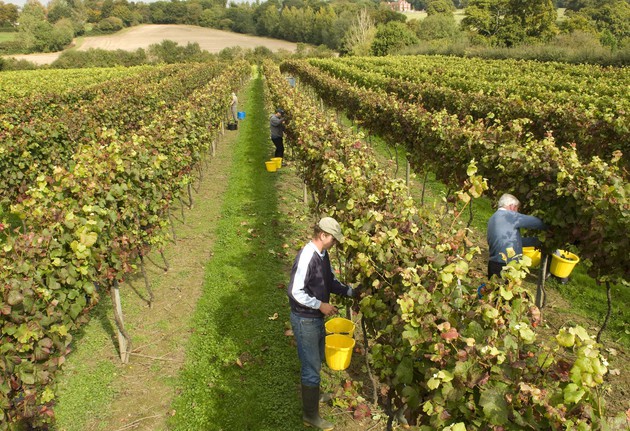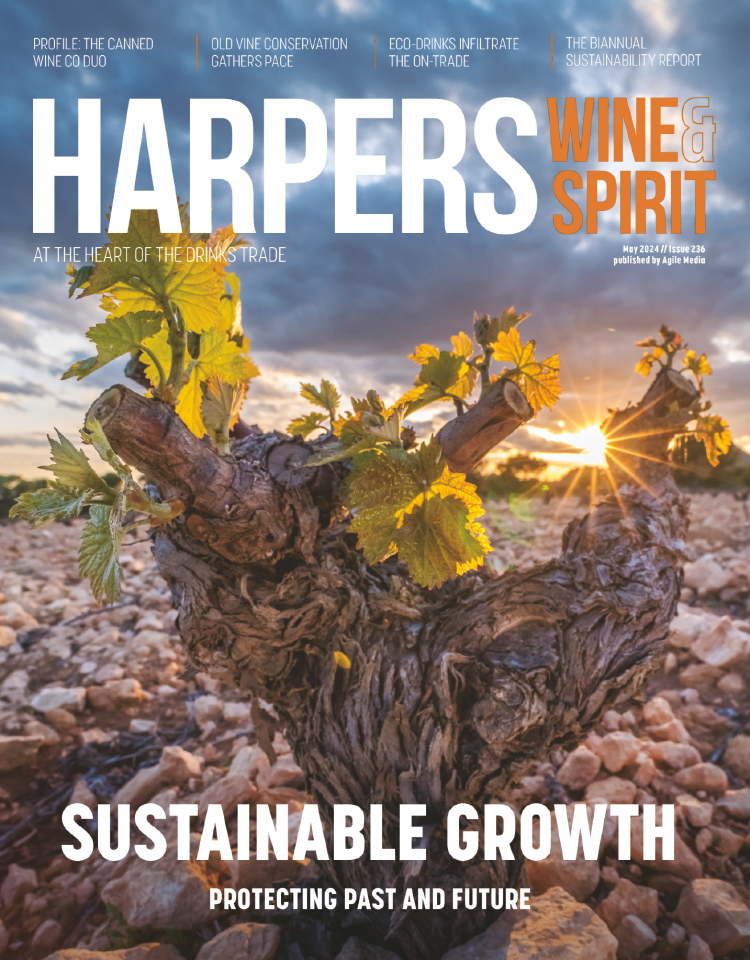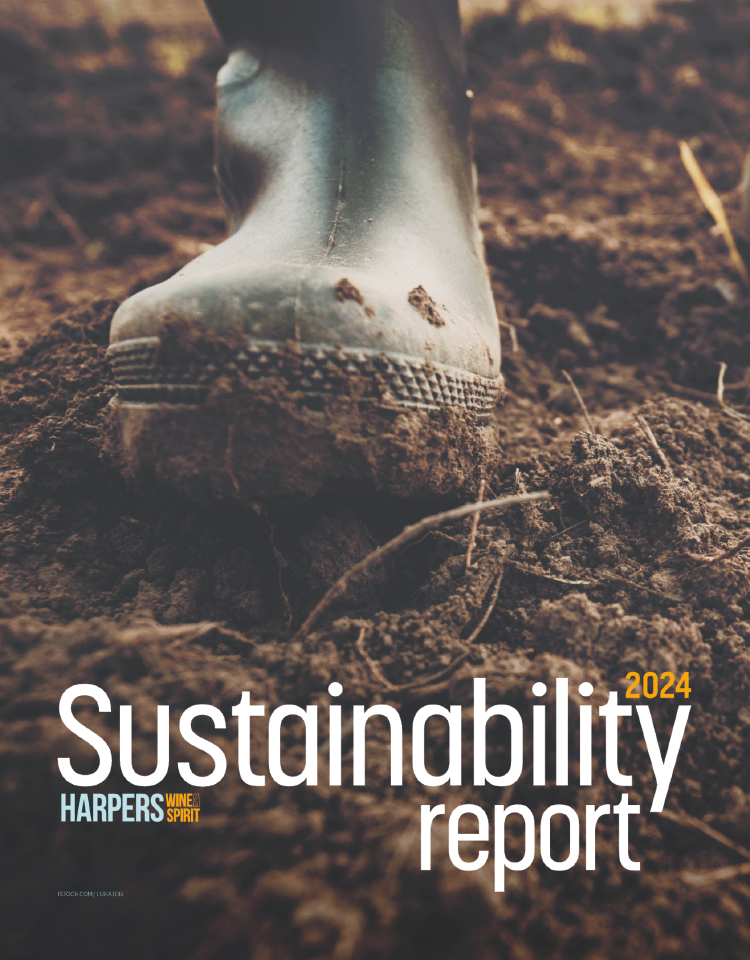
Merger to unite corners of English wine
It’s still early days for the new merger between the two main bodies representing the interests of UK wine producers.
It was only last week that English Wine Producers and the UK Vineyard Association announced that they are to form a united body, but plans are already underway to outline how this new configuration might work to drive the English and welsh wine industry forward.
According to data from SME finance aggregator Funding Options released today, homegrown wine grew by 16% last year to a reach a high of £132 million.
Turnover meanwhile, has nearly trebled over the last five years, from £55.7 million in 2011 to £132 million today.
But English and welsh wine still accounts for less than 1% of Brits’ wine consumption, and board members of the new body - which currently has a working title of UK Wine Producers - have much to discuss as they look to break into consumer consciousness at home and abroad.
One way they are looking to do this is the merger itself, which will encompass all elements of the industry, for small, to mid-sized and large vineyards.
“EWP was created to be a marketing organisation to attract larger producers looking to reach a wider audience,” Simon Robinson, co-owner of Hattingley Valley Wines and chairman of the new body, explained.
“We have around 27 members which represent 70% of production, and that percentage is growing. Branding will continue to be high on our agenda, as will the implications of Brexit on the industry and getting government support.”
Where EWP was formed primarily to help to boost consumer awareness of the larger vineyards, the UKVA covered “everything else”, from regulation, managing PDO schemes and also representing the interests of smaller vineyards.
The new body will represent the global image of English and welsh wine as the industry endeavours to hit export projections of 10 million bottles in 2020, up from 4.15 million in 2016.
It will also deal with matters of regulation, such as the rules on the use of pesticides – which some UK producers are currently calling on to be relaxed.
Conversations for a merger began in earnest around nine months ago, although foundations date back to 18 months, prior to the Brexit vote.
There is a possibility that the merger could be a sign of things to come, as disparate corners of the food and drink industries begin to form united fronts in order to represent their industries on a newly re-arranged global stage.








